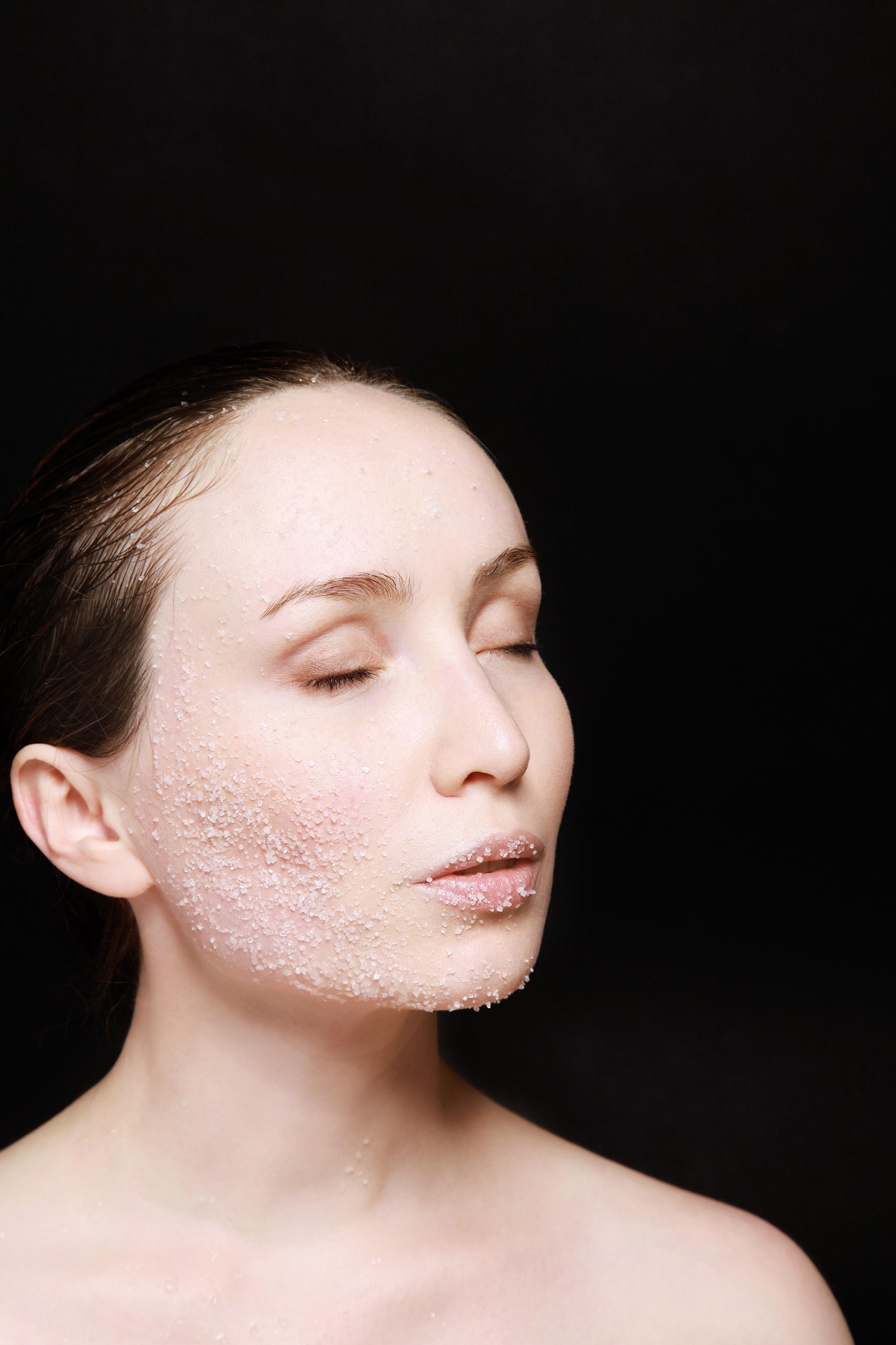Sugar-free energy drinks offer a convenient way to boost energy without the added sugars that contribute to calories and blood sugar spikes. These drinks typically rely on artificial sweeteners and caffeine to provide an energy lift, making them a popular choice for those seeking a low-calorie option.
They deliver energy and alertness while avoiding the sugar crash and extra calories linked to traditional energy drinks. Many brands now provide a variety of flavors and caffeine levels, catering to different needs and preferences, from mild stimulation to a stronger boost.
As people become more health-conscious, interest in sugar-free options continues to grow. Understanding the ingredients, caffeine content, and potential effects helps make informed choices about which product fits best into a daily routine.
Overview of Sugar Free Energy Drinks
Sugar-free energy drinks deliver stimulants and nutrients without added sugars, focusing on reducing calorie and carbohydrate intake. Their ingredients, mechanisms, and differences from regular energy drinks define their appeal and effects.
Key Ingredients and Formulations
Sugar-free energy drinks primarily use caffeine as their central stimulant. Typical caffeine content ranges from 80 to 300 mg per serving, depending on the brand and size.
They often include B-vitamins such as B6 and B12, which support metabolism and energy production. Taurine, guarana, and ginseng are common additions that may enhance alertness and endurance.
Instead of sugar, artificial sweeteners—like sucralose, acesulfame potassium, or stevia—provide sweetness without calories. Some formulations also add electrolytes to aid hydration.
The absence of sugar lowers overall carbohydrates and calories, making these beverages attractive for those monitoring their diet or managing blood sugar.
How Sugar Free Energy Drinks Work
Many people ask How Sugar Free Energy Drinks Work ? These drinks work by increasing alertness and energy levels through caffeine, a central nervous system stimulant. Caffeine blocks adenosine receptors, reducing fatigue and improving focus.
B-vitamins included in many sugar-free energy drinks support the body’s natural energy metabolism, potentially enhancing endurance and mental performance.
Other compounds like taurine and guarana may contribute mild stimulatory effects or antioxidant properties, though their exact impact varies.
By excluding sugar, the energy boost comes without a rapid blood sugar spike or subsequent crash, lending a more sustained effect for users.
Comparing Sugar Free and Regular Energy Drinks
Sugar-free energy drinks differ mainly in calorie and carbohydrate content. Regular energy drinks often contain high amounts of sugar, contributing 100 or more calories per serving.
Sugar-free options replace sugar with low-calorie sweeteners, reducing calorie intake while maintaining the flavor profile. This makes them preferable for weight management and blood sugar control.
Caffeine and other stimulants in both types are generally similar. However, sugar in regular versions can cause energy spikes followed by crashes, whereas sugar-free formulas provide a steadier boost.
Consumers sensitive to artificial sweeteners should check ingredients, as some may prefer natural options or avoid specific sweeteners due to taste or tolerance.
Benefits and Considerations
Sugar-free energy drinks provide a way to gain energy without added sugars and excess calories. They focus on delivering stimulants like caffeine and other compounds while minimizing sugar-related health concerns. However, users should be aware of both benefits and possible side effects when choosing these drinks.
Health Advantages
Sugar-free energy drinks typically contain fewer calories and carbohydrates compared to their sugary counterparts. This makes them appealing to people managing weight, blood sugar levels, or calorie intake.
They still provide caffeine, taurine, B vitamins, and other energy-supporting ingredients. These compounds can improve focus, alertness, and mental energy without the sugar crash common after standard energy drinks.
By avoiding sugar, they reduce risks linked to high sugar consumption, such as diabetes, tooth decay, and metabolic issues. This contributes to a cleaner energy boost, especially for fitness enthusiasts and health-conscious consumers.
Potential Side Effects
Even without sugar, these drinks contain significant caffeine and other stimulants that can cause side effects. Common issues include increased heart rate, jitters, anxiety, and difficulty sleeping.
Some users may experience digestive discomfort or headaches from artificial sweeteners or other additives used to replace sugar. Sensitivity varies by individual, so moderation and awareness of personal tolerance levels are important.
Repeated or excessive consumption may lead to dependence on caffeine. People with heart conditions, pregnant women, and adolescents should consult a healthcare provider before regular use.
Popular Brands and Flavors
Many well-known energy drink companies offer sugar-free options to meet demand. Brands like Monster, Red Bull, and Rockstar have zero-sugar or “lite” versions.
Popular flavors often mimic classic energy drink tastes, such as berry, tropical, citrus, and grape. Some brands also provide unique blends infused with electrolytes or herbal extracts for added hydration and wellness.
Private label and niche brands are expanding choices with natural sweeteners and organic ingredients. Consumers looking for variety can find options from mild caffeine content to more potent formulas.
| Popular Sugar-Free Energy Drinks | Flavor Examples | Caffeine Range |
| Red Bull Sugarfree | Original, Tropical | 80 mg per 8.4 fl oz |
| Monster Zero Sugar | Ultra Sunrise, Kiwi | 140 mg per 16 fl oz |
| Rockstar Pure Zero | Citrus, Mango | 160 mg per 16 fl oz |



